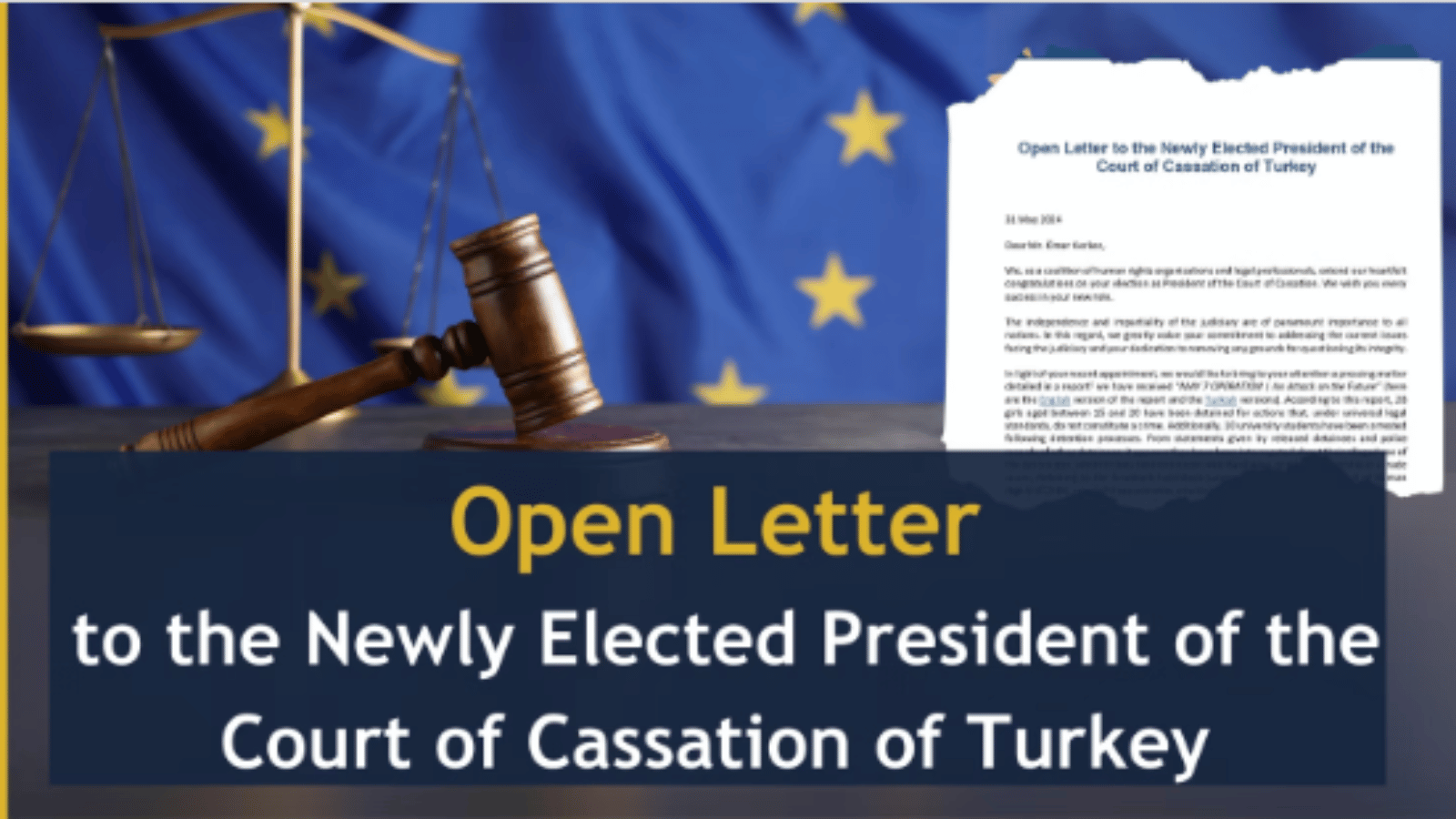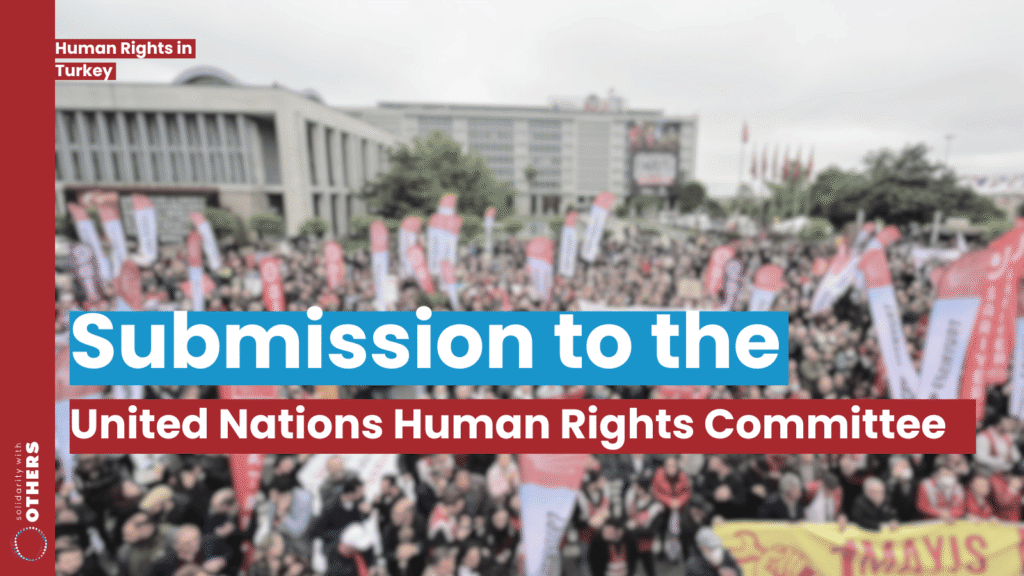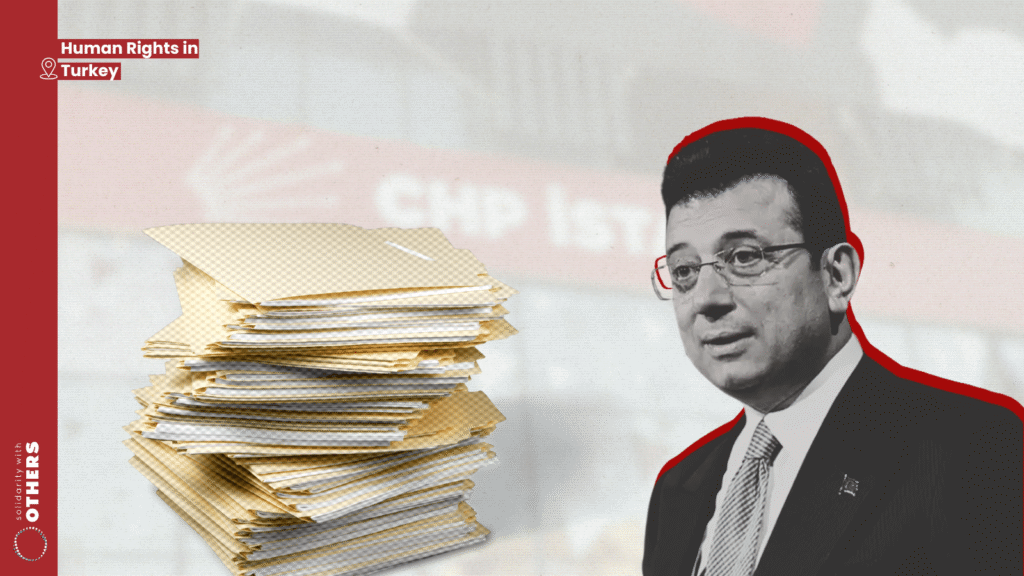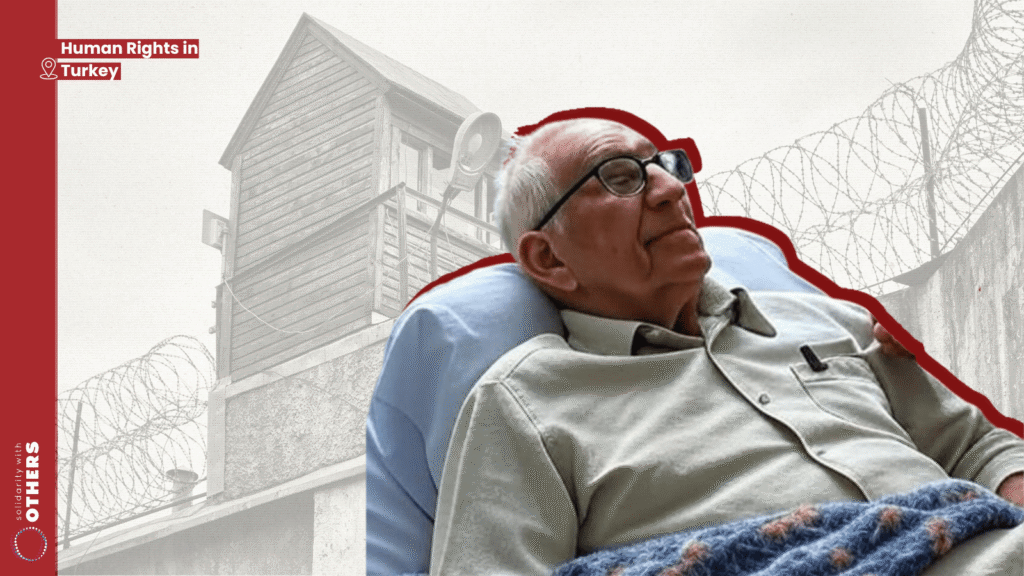An Open Letter to Mr. Ömer Kerkez, the newly elected President of the Court of Cassation of Turkey, has been communicated by International Human Rights Organizations and Legal Professionals.
📌The letter extends congratulations to Mr. Kerkez on his new position as president and highlights the critical importance of judicial independence and impartiality. It addresses concerns regarding the detention of 28 girls and arrest of 10 university students for activities that do not constitute crimes under universal legal standards.
Here is the letter:
Dear Mr. Ömer Kerkez,
In light of your recent appointment, we would like to bring to your attention a pressing matter detailed in a report we have received “MAY 7 OPERATION | An Attack on the Future” (here are the English version of the report and the Turkish versions). According to this report, 28 girls aged between 15 and 20 have been detained for actions that, under universal legal standards, do not constitute a crime. Additionally, 10 university students have been arrested following detention processes. From statements given by released detainees and police records of other detainees, it appears they have been interrogated about their alleged use of the ByLock app, whether they held an account with Bank Asya, or their membership in a trade union. Referring to the landmark Yalçınkaya judgement of the European Court of Human Rights (ECtHR), none of these activities constitutes a crime.
Immediate Review of Detention and Arrest Cases: We recommend an immediate and thorough review of the cases involving the detained girls and arrested university students to ensure that all judicial actions comply with international legal standards and human rights norms.
Implementation of ECtHR Yalçınkaya Decision: Fully implement the European Court of Human Rights’ Yalçınkaya decision to ensure that actions deemed non-criminal under this judgement are not subject to punitive measures.
Judicial Training on Human Rights: Implement ongoing training programs for judges and law enforcement officers on international human rights standards to prevent future unlawful detentions and arrests.
Establishment of an Independent Oversight Committee: Form an independent committee to oversee detention and arrest practices, ensuring transparency and accountability within the judicial system.
Promotion of Judicial Independence: Reinforce the independence of the judiciary from external pressures to maintain public confidence in the legal system.
We trust that these recommendations will assist in promoting justice and upholding human rights within Turkey.
Yours sincerely,
Javier Cremades – President of the World Law Foundation





